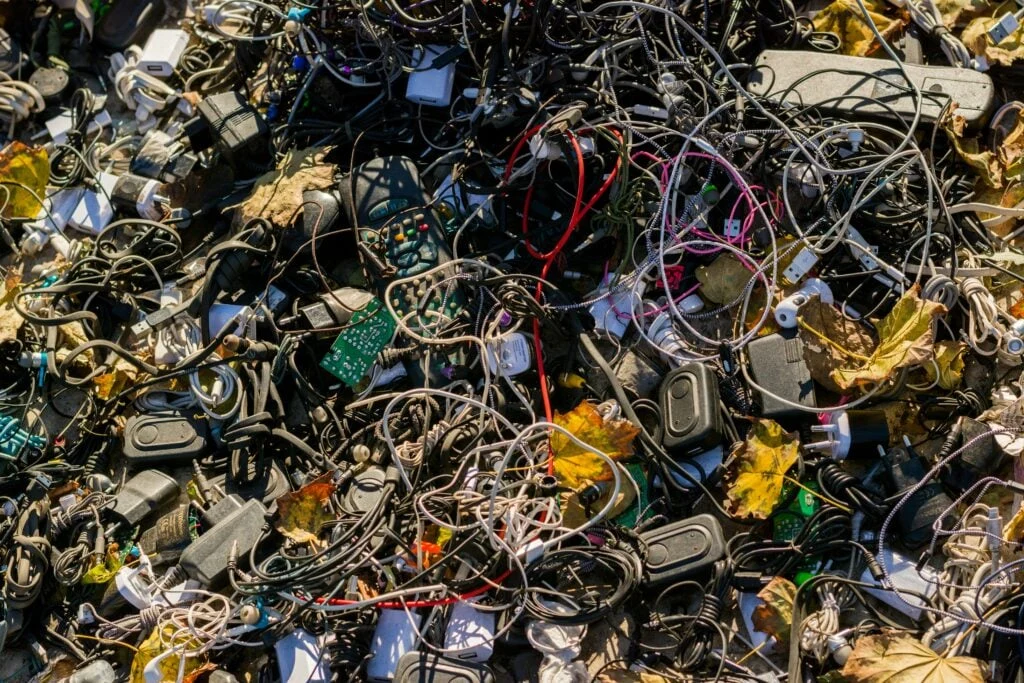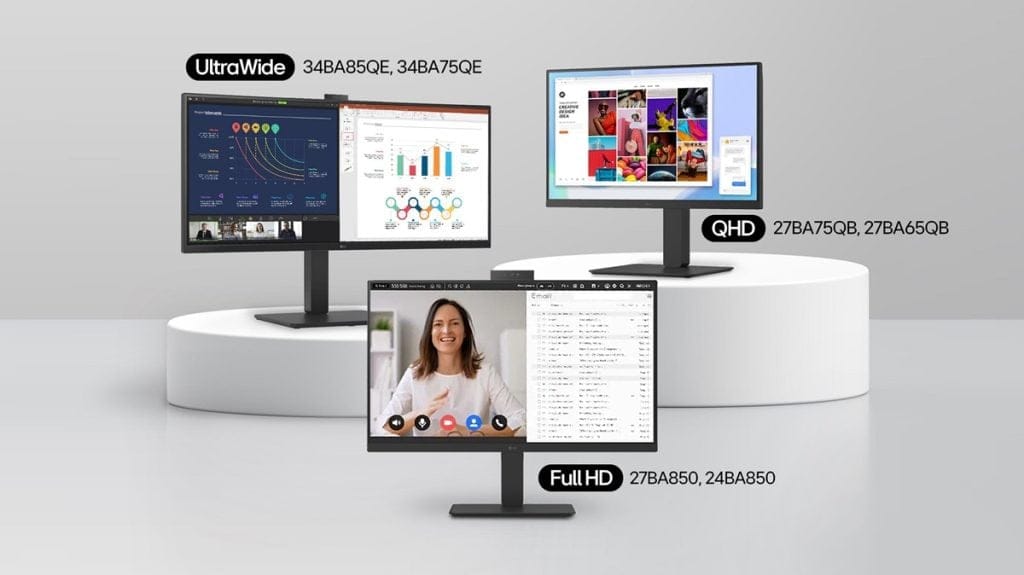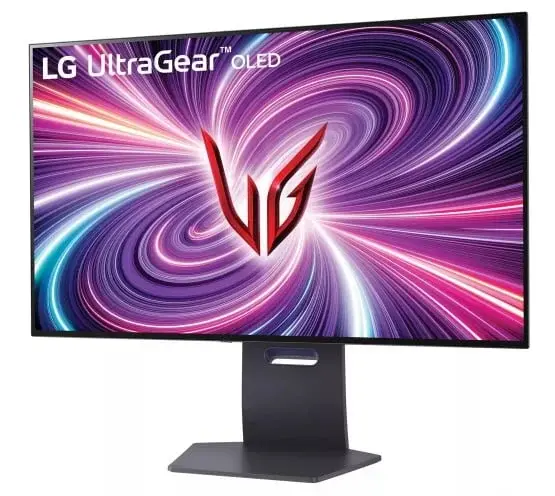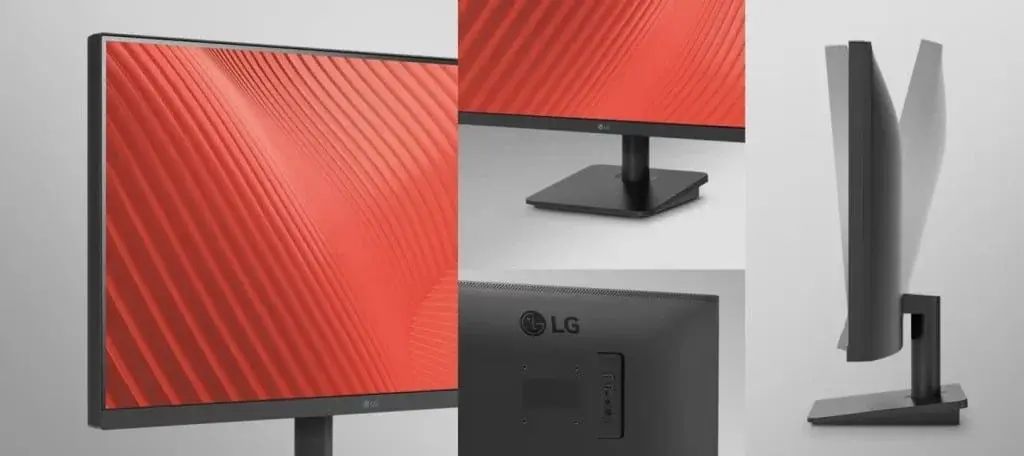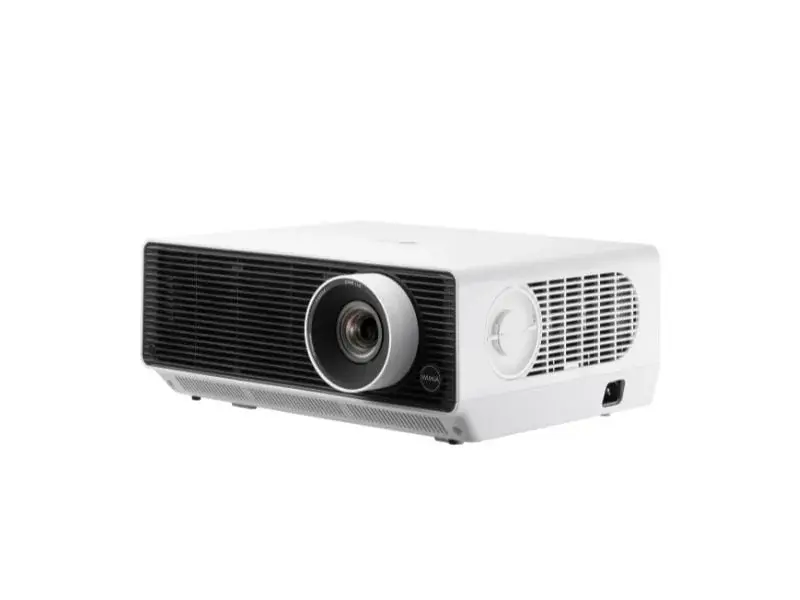Key Takeaways
1. LG Electronics and Samsung are challenging the Indian government’s new e-waste recycling payment standards, which set fees at ₹22 per kg for consumer electronics and ₹34 per kg for smartphones.
2. Both companies argue that the new rates significantly increase their recycling costs, with Samsung stating the fees are five to fifteen times higher than before.
3. LG claims the regulation creates an unfair financial burden on manufacturers while benefiting recyclers, and does not address the informal sector handling 80% of India’s e-waste.
4. India produced 3.8 million metric tons of e-waste in 2024, ranking third globally, with only 43% recycled through formal channels.
5. Other companies, including Daikin and Havells, are also contesting the regulation, citing increased compliance costs and potential effects on product pricing, with the Delhi High Court set to review the cases.
LG Electronics and Samsung have taken legal action against the Indian government, disputing the “minimum recycling payment standard” section of the E-Waste Management Amendment Regulations 2024. This new rule requires electronic manufacturers to pay a set fee of ₹22 per kilogram for recycling consumer electronics and ₹34 per kilogram for smartphones.
Concerns from Major Companies
Both firms assert that the updated rates significantly increase their recycling expenses. Samsung has indicated that the new fees are five to fifteen times higher compared to previous charges. Meanwhile, LG contends that this policy creates an unjust financial burden on manufacturers, mainly benefiting recyclers instead. They also point out that the regulation fails to consider the informal sector, which manages nearly 80% of India’s e-waste.
E-Waste Statistics in India
India generated 3.8 million metric tons of e-waste in 2024, ranking as the third-largest producer in the world. However, only 43% of this waste was recycled through formal channels. The remaining waste is dealt with by unregulated recyclers who often use unsafe methods. To address this issue, the government implemented a fixed payment system aimed at attracting more formal players to the market and encouraging investment in improved infrastructure.
Legal Challenges from Other Companies
Other businesses, such as Daikin, Havells, Voltas, and Blue Star, have also raised objections against the regulation in court, arguing that it leads to higher compliance costs and could affect product pricing. The Delhi High Court is set to review these cases on Tuesday.
The results of these legal disputes could greatly influence India’s e-waste management strategies and the operational expenses of the electronics sector.

